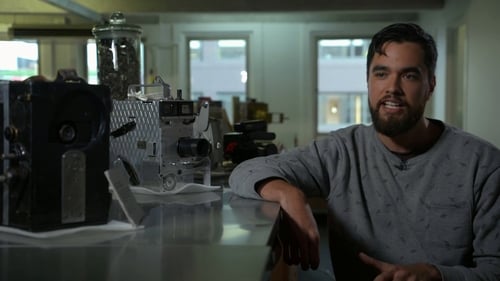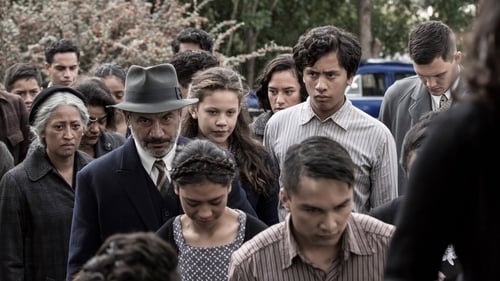
Music
A documentary portrait of the pioneering indigenous filmmaker and activist Merata Mita and an intimate tribute from a son about his mother that delves into the life of the first woman from an Indigenous Nation to solely direct a film anywhere in the world. Known as the grandmother of Indigenous cinema, Merata’s independent political documentaries of the 1970s and 80s highlighted injustices for Māori people and often divided the country. Mita was fearless in her life, her activism and her art. Chronicling the director’s journey to decolonize the film and television screens of New Zealand and the world, the film documents her work, her early struggles with her family and her drive for social justice that often proved personally dangerous.

Original Music Composer
It is the 1960s. Two Maori families, the Mahanas and the Poatas, make a living shearing sheep on the east coast of New Zealand. The two clans, who are bitter enemies, face each other as rivals at the annual sheep shearing competitions. Simeon is a 14-year-old scion of the Mahana clan. A courageous schoolboy, he rebels against his authoritarian grandfather Tamihana and his traditional ways of thinking and begins to unravel the reasons for the long-standing feud between the two families. Before long, the hierarchies and established structures of the community are in disarray because Tamihana, who is as stubborn as he is proud, is not prepared to acquiesce and pursue new paths. The story is adapted from Witi Ihimaera's novel Bulibasha: King of the Gypsies.

